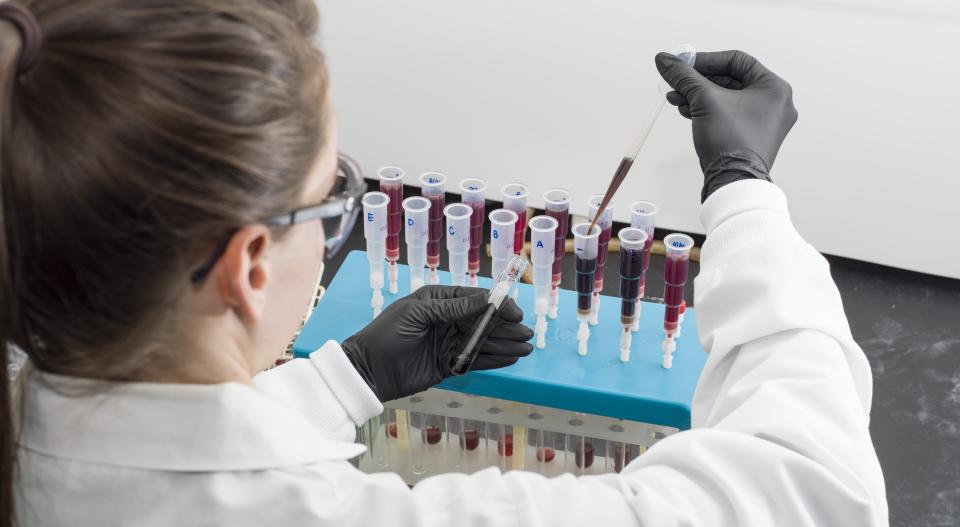 Toxicology is the study of adverse effects of drugs and chemicals on living organisms. The discipline is divided into three major areas: Forensic, Clinical and Environmental. Forensic Toxicology applies toxicology to matters of law, to assist the courts in reaching verdicts that are in keeping with the facts. Forensic toxicology involves the medicolegal aspects of the use of drugs and chemicals that are harmful to man combining analytical chemistry and fundamental toxicology.
Toxicology is the study of adverse effects of drugs and chemicals on living organisms. The discipline is divided into three major areas: Forensic, Clinical and Environmental. Forensic Toxicology applies toxicology to matters of law, to assist the courts in reaching verdicts that are in keeping with the facts. Forensic toxicology involves the medicolegal aspects of the use of drugs and chemicals that are harmful to man combining analytical chemistry and fundamental toxicology.
Toxicology analysts identify and quantify drugs and alcohols in biological samples. The information is used by law enforcement and the courts to help determine if laws have been broken and/or if criminal charges are warranted. For instance, when there is cause to believe that a person may have been under the influence of alcohol and/or drugs, blood and urine samples are submitted for analysis.
Toxicology testing can be as routine as a single blood alcohol test or as complex as determining concentrations of a half dozen drugs and their metabolites in a single sample. The level of testing depends on the case and the type(s) of sample(s) submitted.
Services
The Toxicology Unit provides qualitative and quantitative analysis using instrumental methods to identify compounds.
Instrumental analysis
- Headspace-Gas Chromatography (HS-GC)
- Enzyme Linked Immunosorbent Assay (ELISA)
- Gas Chromatography/Mass Spectrometry (GCMS)
- Liquid Chromatography-Mass Spectrometry-Mass Spectrometry (LCMSMS).
Contact the Lab FAQs
Submissions FAQs
Gray-top tubes with potassium oxalate and sodium fluoride is the preferred specimen container. Contact the laboratory if you have any questions regarding collection.